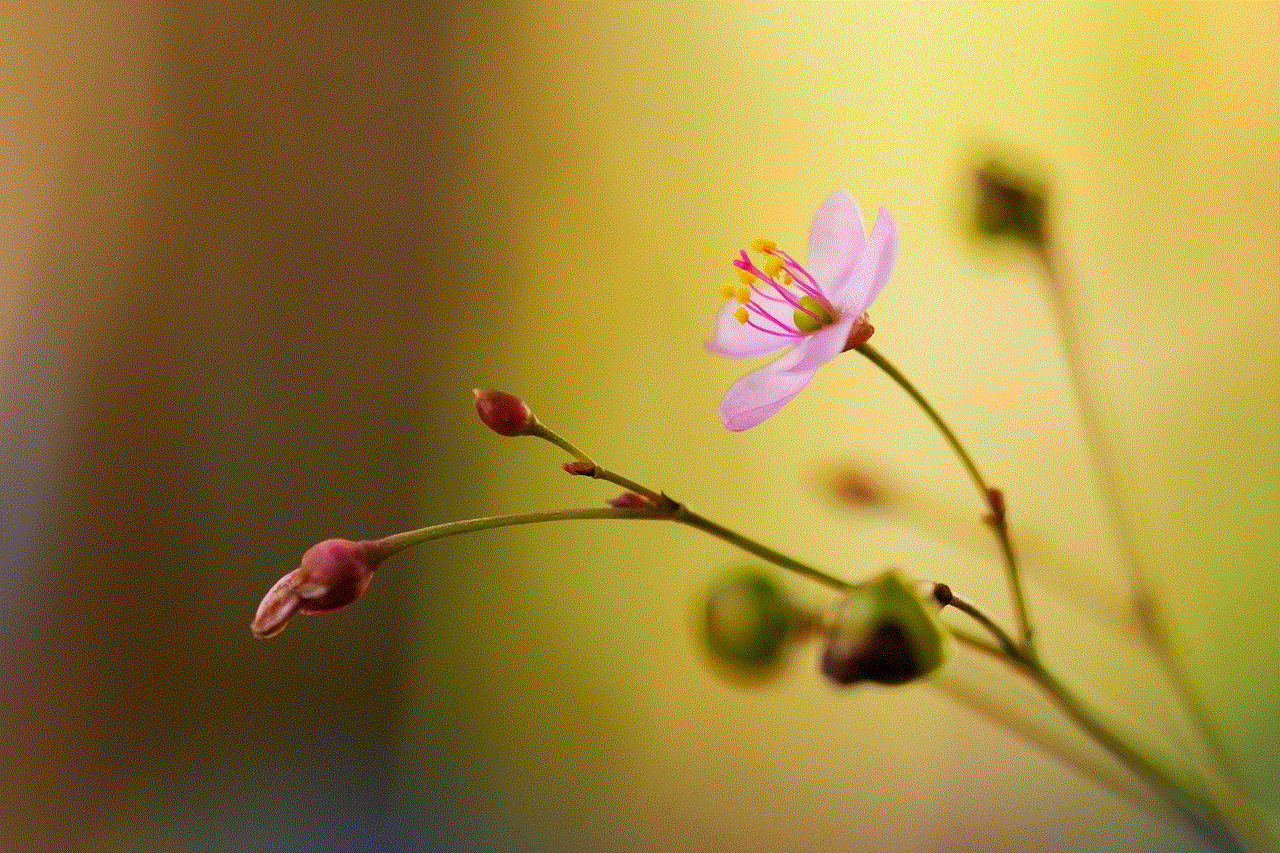boo meaning slang
The slang term “boo” has become a popular word in modern language, especially among younger generations. It is used in a variety of contexts, from terms of endearment to expressions of excitement or disappointment. But where did this slang term come from, and what does it really mean? In this article, we will delve into the origins and various meanings of “boo” in modern slang.
The word “boo” has been used for centuries, but its meaning and usage have evolved over time. One of the earliest recorded uses of “boo” was in the 18th century, where it was used as a term of endearment or affection for a romantic partner. It is believed that the term originated from the French word “beau,” meaning beautiful or handsome. Over time, the term “boo” became more commonly used as a term of endearment for close friends and family members as well.
In the 20th century, the term “boo” took on a new meaning and became associated with ghosts or spirits. This is believed to have stemmed from the traditional ghostly sound “boo” used to scare people. However, it wasn’t until the 1980s that “boo” took on its current meaning as a slang term. It was during this time that “boo” became a popular term among African American communities and was used to refer to a significant other or romantic partner.
Since then, “boo” has become a widely used slang term in mainstream culture, especially in the United States. It is often used as a term of endearment between couples or close friends. For example, one might say “I love you, boo” or “Hey, boo, how was your day?” It is also commonly used as a nickname for a romantic partner, as in “My boo and I are going out for dinner tonight.”
In addition to its usage as a term of endearment, “boo” can also be used to express excitement or enthusiasm. For example, if someone were to win a game or receive good news, they might exclaim “boo-yah!” or “boo-yeah!” Similarly, “boo” can also be used to express disappointment or frustration. For instance, if someone were to lose a game or miss out on an opportunity, they might say “aw, boo” or “oh, boo” to express their disappointment.
One of the most popular uses of “boo” in modern slang is in the phrase “bae boo.” This phrase is used to refer to someone’s significant other, combining both “bae” (an affectionate term for a romantic partner) and “boo.” It is often used on social media, with couples posting pictures of themselves with the caption “bae boo” to show their love and affection for each other.
Another popular usage of “boo” is in the phrase “boo thang.” This phrase is also used to refer to a romantic partner, but it implies a more casual or sexual relationship. It is often used in a flirtatious or teasing manner, such as “Hey, boo thang, you looking good tonight.”
In recent years, “boo” has also been used in various memes and internet culture. For example, the phrase “boo’d up” became popular in 2018 after the release of the hit song “Boo’d Up” by Ella Mai. The phrase refers to being in a romantic relationship or being infatuated with someone. It was used in memes and social media posts, often accompanied by the lyrics of the song.
There is also a popular internet meme featuring the character Boo from the animated movie “Monsters, Inc.” The meme usually shows a picture of Boo with the caption “When bae is mad at you but you don’t know why.” This meme is often used to express confusion or frustration in a relationship.
While “boo” is primarily used as a term of endearment or to refer to a romantic partner, it can also be used in a negative or derogatory manner. For example, someone might refer to an unattractive or disliked person as “boo” to mock or insult them. This usage of the term is not as common and is generally frowned upon.
In addition to its various meanings, “boo” has also been incorporated into popular culture in different forms. For example, there is a children’s book series called “Boo and Baa,” featuring two sheep named Boo and Baa. There is also a popular character named Boo in the video game series “Super Mario Bros.” who has become a fan favorite.
In conclusion, the slang term “boo” has a long and interesting history, from its origins as a term of endearment to its current usage as a term for a romantic partner or friend. It has also become a popular phrase in memes and internet culture, showcasing its influence in modern language. Whether it’s used to express love and affection or excitement and disappointment, “boo” has become an integral part of modern slang and continues to be used in new and creative ways.
what does irl mean on instagram
In the world of social media, it can be difficult to keep up with all the different acronyms and slang used by users. One term that you may have come across on Instagram is “IRL” which stands for “In Real Life”. This term has become increasingly popular on the platform, and it is often used by users in their captions, comments, and stories. But what exactly does it mean and why is it so commonly used on Instagram ? In this article, we will explore the meaning of IRL on Instagram and how it has become an important part of the platform.
Firstly, let’s start with the basics. IRL is an abbreviation of the phrase “In Real Life” which is used to refer to the physical world outside of the internet. It is often used to differentiate between online interactions and face-to-face interactions. For example, if you were to meet someone in person that you previously only knew through social media, you might say “Nice to finally meet you IRL”.
The term IRL has been around for quite some time, but it has gained a new level of significance in recent years with the rise of social media. As more and more people started to connect online, the line between virtual and real-life interactions became blurred. This is where the term IRL became useful as a way to distinguish between the two.
On Instagram, IRL is used in a variety of ways. It can be used to describe a real-life event or experience that a user has shared on their Instagram account. For example, if someone posts a photo of themselves at a concert, they might add the hashtag #IRL to show that they were actually there in person.
Additionally, IRL is often used to describe the people behind the perfectly curated profiles on Instagram. It is a way for users to acknowledge that there is more to someone’s life than what they choose to share on social media. In a world where people are constantly comparing themselves to others, the term IRL serves as a reminder that what we see on Instagram is not always an accurate representation of someone’s life.



Another way IRL is used on Instagram is to describe a break from the online world. With the increasing pressure to constantly be connected and present on social media, many users have started to take breaks from their screens. This could be for a few hours, a day, or even longer. By using the hashtag #IRL, users can show that they are taking a break from the virtual world and focusing on their real-life experiences.
But why has IRL become such an important part of Instagram culture? One reason is that it allows users to connect on a more personal level. With the rise of influencers and brand sponsorships, many Instagram users have started to feel disconnected from the platform. The use of IRL helps to humanize the online community and creates a sense of authenticity.
Moreover, IRL is a way to combat the negative effects of social media. In recent years, there has been a growing awareness of the negative impact that social media can have on mental health. With the constant comparison to others and the pressure to present a perfect life online, many users have started to feel overwhelmed and anxious. By acknowledging the difference between virtual and real-life interactions, users can focus on living in the moment and not getting caught up in the virtual world.
Another reason why IRL has become a popular term on Instagram is that it allows users to break away from the curated content that dominates the platform. With the rise of influencers and sponsored content, many users have started to feel that Instagram has become less about authentic connections and more about promoting a certain lifestyle. The use of IRL allows users to showcase their real-life experiences and personalities, rather than just the highlights of their lives.
Additionally, IRL has also become a way for users to show support and solidarity with each other. When a user shares a personal experience or struggle on their Instagram account, others can use the hashtag #IRL to show that they relate and understand. This creates a sense of community and can help to break down the barriers created by the perfect images and curated captions that dominate the platform.
Furthermore, IRL has also become a way for users to break away from the superficial aspects of social media. With the focus on likes, followers, and engagement, many users have started to feel that their worth is tied to their online presence. By using the hashtag #IRL, users can show that there is more to them than just their online persona and that they value real-life experiences and connections.
In conclusion, IRL has become a significant part of Instagram culture. It is used in a variety of ways to differentiate between virtual and real-life interactions, to humanize the platform, and to break away from the curated content that dominates it. By acknowledging the difference between online and offline interactions, users can focus on living in the moment and connecting with others on a more personal level. In a world where social media has become a dominant force, the term IRL serves as a reminder that there is more to life than what we see on our screens. So the next time you come across the term IRL on Instagram, remember its significance and join in on the conversation.
what do tbh mean in texting
TBH, or “to be honest”, is a commonly used acronym in texting and social media slang. It is often used to preface a statement or opinion that the sender believes to be truthful or sincere. In recent years, it has become a popular phrase among teenagers and young adults, and its usage has spread beyond just texting to everyday conversations. But what exactly does TBH mean and how did it become such a widely used term in modern communication?
To answer these questions, we must first look at the origin of TBH. The acronym first appeared in the early 2000s, and it is believed to have originated from online forums and chat rooms. In these digital spaces, people would use TBH to express honesty and authenticity in their interactions with others. Over time, it gained popularity and eventually made its way into texting and social media platforms.



Today, TBH is used in a variety of ways and has taken on different meanings depending on the context. In this article, we will explore the various uses of TBH in texting and delve deeper into its cultural significance.
TBH can be used as an opener in a statement or opinion, as in “TBH, I don’t like the new hairstyle.” In this case, the sender is emphasizing that they are being completely honest and transparent in their assessment. It is often used to soften the blow of a potentially negative comment, as the sender is acknowledging that their opinion may not be well received.
In many cases, TBH is used as a response to a question, especially when the question is asking for an honest opinion. For example, if someone asks, “What do you think of my new outfit?”, a person might reply with “TBH, I think it’s too bright for my liking.” In this context, TBH signals that the sender is being sincere and not just saying what the other person wants to hear.
TBH can also be used to express gratitude or appreciation. For instance, someone might say, “TBH, I am grateful for your support.” In this case, the sender is emphasizing the sincerity of their gratitude, and it can be seen as a more genuine way of saying “thank you.”
Another common use of TBH is to express a confession or a secret. For example, someone might say, “TBH, I have a crush on my coworker.” In this case, the sender is revealing something personal and may not have shared it before. TBH in this context can be seen as a way to build trust and strengthen relationships.
In recent years, TBH has also been used as a game or challenge on social media platforms. The game usually involves people posting a picture of themselves and asking for honest opinions from their followers. Followers can then reply with a TBH statement, often using the acronym itself to signal their sincerity. This game has become popular because it allows people to receive honest feedback from others in a somewhat light-hearted manner.
On the other hand, the TBH game has also received criticism for promoting a culture of seeking validation from others. Some argue that constantly seeking validation can harm one’s self-esteem and create a reliance on external opinions. Therefore, while the TBH game may seem harmless, it is essential to be mindful of its potential effects and not take it too seriously.
In recent years, TBH has also taken on a new meaning – that of a compliment. For example, someone might say, “TBH, you have a great sense of style.” In this context, TBH is used to signal that the sender is being genuine and not just giving a generic compliment. It is often used to show admiration or praise for someone’s qualities, skills, or achievements.
TBH has also become a popular hashtag on social media, with people using it to share their thoughts and opinions on various topics. It is commonly used in Instagram captions, along with a photo or video, to express a more honest and personal sentiment. For instance, someone might post a picture of themselves and write, “TBH, this is my favorite outfit ever.” In this context, TBH is used to emphasize the personal nature of the post and to connect with followers on a more authentic level.
TBH has also been adapted into different variations, such as “Honesty Hour” or “To Be Real.” These variations are often used in social media posts or captions to encourage people to share their honest thoughts or opinions on a particular topic. It has become a way for people to have open and candid conversations about various issues without fear of judgment.



In summary, TBH has become an integral part of modern communication, especially among younger generations. It is used to express sincerity, transparency, and authenticity in our interactions with others. It has also evolved to have multiple meanings and uses, from expressing gratitude and confessing secrets to playing games and giving compliments. While it has its drawbacks, TBH has become a significant aspect of our digital culture and will likely continue to be used for years to come.